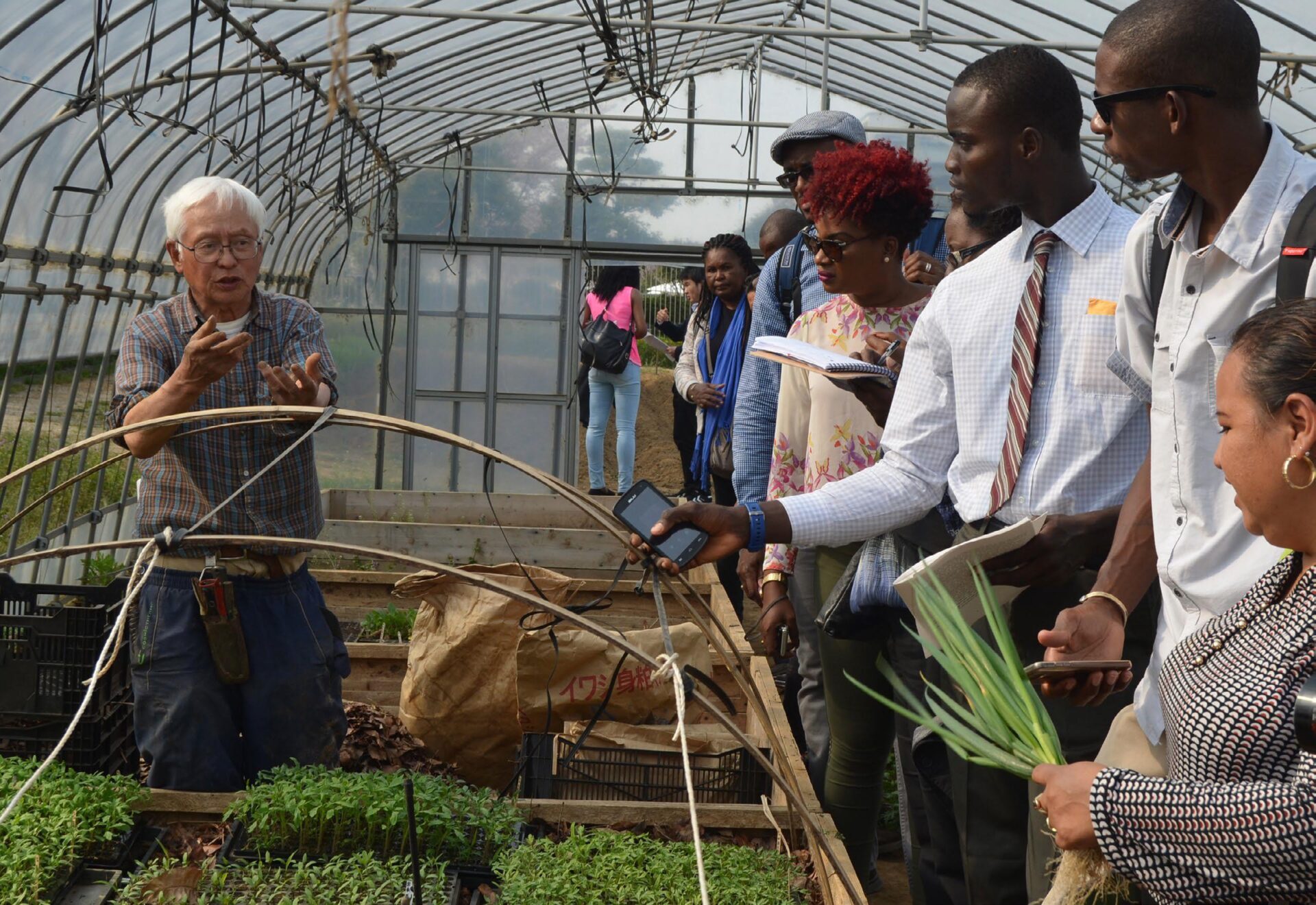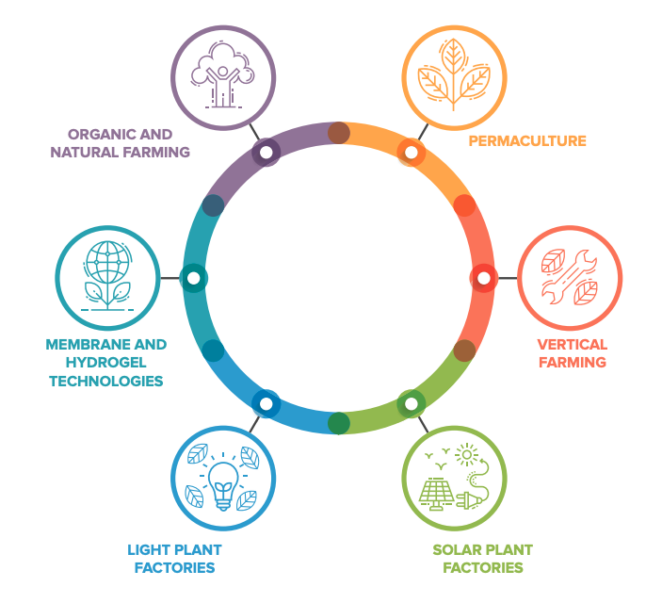The Japan-Caribbean Connection – The Transfer of Agrotechnology from Japan to the Caribbean

Introduction
The Caribbean region is highly susceptible to the effects of climate change, and the region has already begun to experience environmental changes including rising sea levels, more intense hurricane seasons, and extended dry seasons resulting in reduced wet seasons. These effects directly impact Caribbean economies, ecosystems, communities, and their capacity for sustainable growth. Caribbean farmers are well aware of the impact of natural hazards, many of which have been exacerbated by climate change. Frequent and unpredictable droughts, flooding, pests and soil erosion are just a few of the current phenomena impacting crop yield and, by extension, the region’s food security.
Various Caribbean governments and developmental organisations have begun implementing projects and strategies to mitigate the impacts of climate change. As such, the United Nations Development Programme’s Japan-Caribbean Climate Change Partnership (UNDP J-CCCP), an initiative designed to strengthen the capacity of countries in the Caribbean to invest in climate change mitigation and adaptation technologies, coordinated a study tour focusing on transferring knowledge and applicable technologies from Japan to the Caribbean in the field of agriculture.
This case study* highlights the key points, takeaways and insights as it relates to the North-South and South-South transfer of technology required to develop a more resilient agricultural sector in the Caribbean.
*Below is a summary of the cast study. For much more information please download the case study pdf from the right-hand column.
Key Findings
The initiative resulted in the following key findings:
A Changing Regional Mindset:-Participants noted that the tour was very beneficial in providing them with an expanded view on the possibilities of the Caribbean agricultural sector.
Private-Public Partnerships:- It is important to note that the benefits of private-public partnerships were highlighted in Japan’s practical examples such as Chiba University and The University of Tokyo, where the institutionsare actively partnering with commercial entities to advance research and, by extension, the entity’s productivity and profits.
Involving Youth:- Educating the youth demographic and involving them in sustainable agricultural practices is vital for the growth of any industry or community — throughout this project special emphasis was taken to educate the youth. Young people were nominated to attend the Japan-Caribbean study tour and there were several community youth group outreaches after their return.
Pairing of Farmers and Technical Officers:- Having both groups present meant that both the policy and practical decisions required, were made in unison. That resulted in greater buy-in which allowed for easier adoption of practices after the participants returned to their territories.
After the Trip: Impacts of the Study Tour

A Changing Regional Mindset:- The study tour widened the horizons of participants and began a paradigm shift in the Caribbean’s approach to its agricultural industry.
“The concept of permaculture is an ideal one that should be implemented in our cropping systems even after the passage of Hurricane Maria.” Taletha Laudat, participant from Dominica.
Increased Revenue Generating Opportunities:- Organic approaches highlighted in the tour have the potential to ignite agro-tourism and develop agricultural cooperatives at the community level.
South-South Knowledge Sharing:- UNDP partnered with Inter-American Institute for Cooperation on Agriculture (IICA), who participated in the study tour to organise a follow-up webinar which was attended by 50 persons and where four study tour participants shared knowledge gained from the tour.
Mission to Sustainability

The knowledge gained from the study tour addresses some of the Sustainable Development Goals:
SDG2: Zero Hunger:- The tour is expected to boost the capacity for agricultural productivity and are expected to assist the Caribbean in developing sustainable food production systems. Growing more resilient crops, reducing wastage through composting, employing improved farming techniques and ensuring shorter rebound periods will allow countries to bolster their food production capacity and help alleviate hunger.
SDG9: Industry, Innovation and Infrastructure:-The participants now have the technical skills to create advanced tools, employ new farming techniques and explore innovative practices in agriculture.
SDG12: Responsible Production and Consumption:-After the tour, participants were armed with knowledge on how to improve recycling, produce natural organic fertilisers and gain more output from less inputs. Additionally, a presentation of climate proofing technologies to improve food insecurity was hosted at a UWI International Food Security Conference.
SDG13: Climate Action:-The South-South transfer of knowledge promotes responsible farming and reduces the dependence on commercial fertilisers that result in the emission of greenhouse gases.
Lessons Learnt
Expanded Transfer of Knowledge:- The tour, through North-South transfer of knowledge, was able to directly educate 20 participants who then transferred this knowledge to several other groups through South-South transfer.
Private-Public Partnerships:- It is important to note that the benefits of private-public partnerships were highlighted in Japan’s practical examples such as Chiba University and The University of Tokyo where the institutions are actively partnering with commercial entities to advance research and, by extension, the entity’s productivity and profits.
A Changing Regional Mindset:– Participants noted that the tour was very beneficial in providing them with an expanded view on the possibilities of the Caribbean agricultural sector.
“Caribbean nationals are sharing among each other and at the same time, being exposed to new methods and technologies. Japanese organisations are also benefiting from new avenues and markets for technology transfer.”
Chisa Mikami Resident Representative a.i. for the UNDP Sub-regional Office for Barbados and the OECS
(0) Comments
There is no content